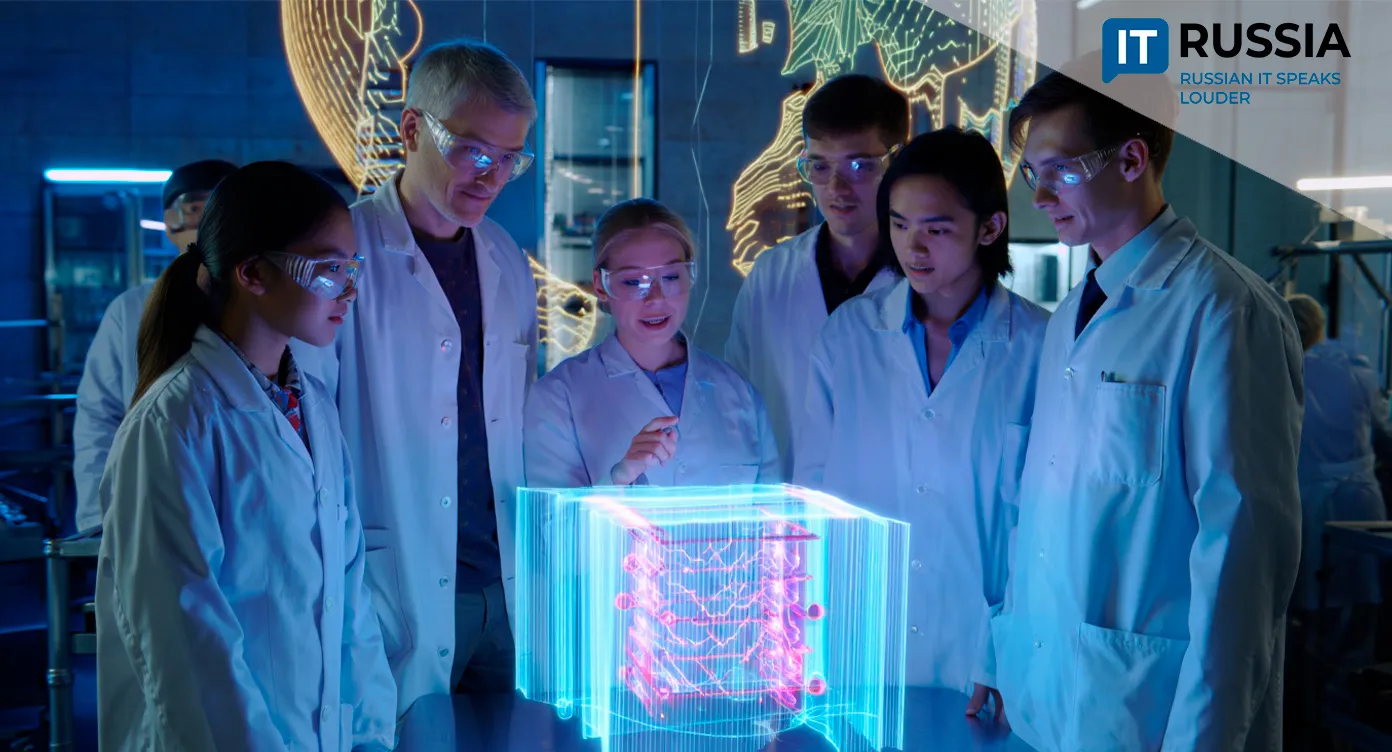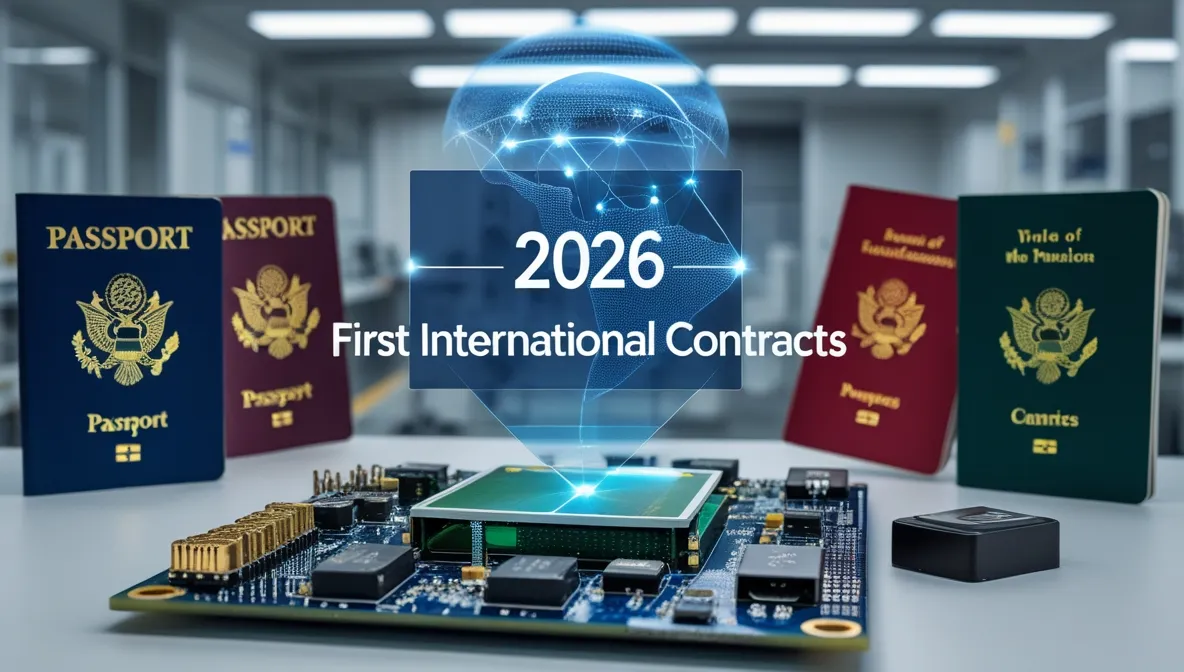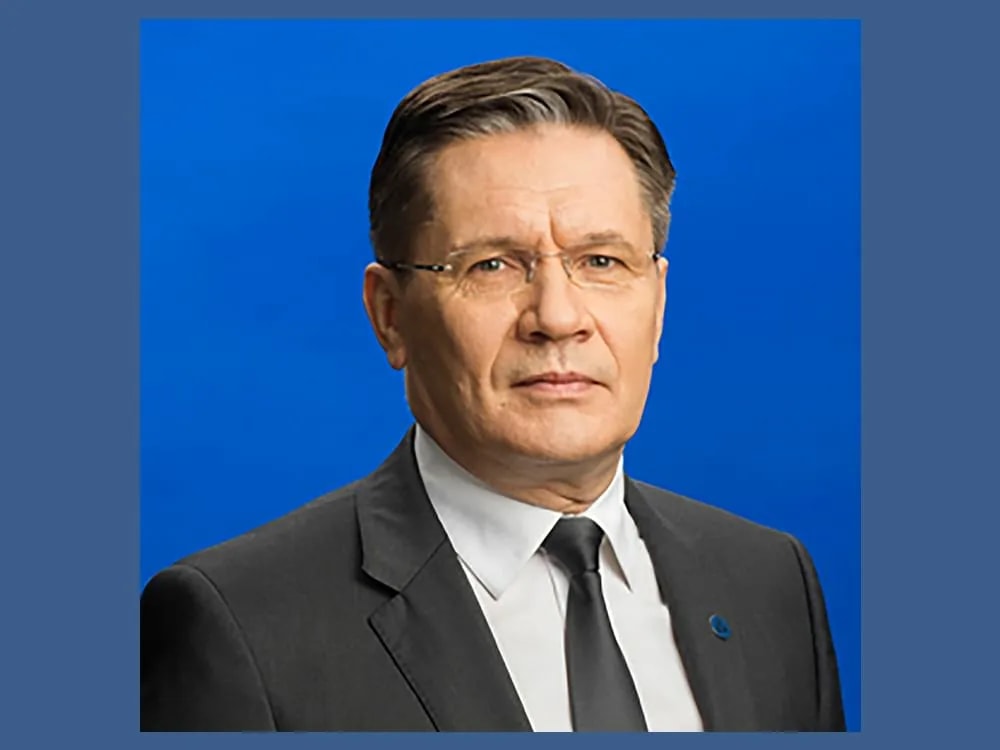Quantum Leap: Why Egypt, India, and Vietnam Are Interested in Russian Supercomputers
Russia’s state atomic corporation Rosatom is preparing to enter the global quantum technology market. By 2026, the company plans to sign its first international contracts, marking a new phase where Russia transitions from research leadership to commercial export of quantum computing and sensor technologies.

From Laboratories to Export
Rosatom, which has overseen Russia’s national quantum computing roadmap since 2020, announced plans to sign its first overseas quantum technology contracts in 2026. General Director Alexey Likhachev revealed growing interest from Egypt, Vietnam, Pakistan, Malaysia, and India.
Over the past five years, Russia has advanced from building a 2-qubit prototype to developing a 50-qubit ion-based quantum computer — the most powerful in the country — which successfully passed testing in mid-2025.

Russia is now among only seven countries worldwide that operate quantum systems with 50 or more qubits. Notably, only the United States, China, and Russia possess functioning quantum computers across all four major physical platforms: atoms, photons, superconductors, and ions.
Strategic Relevance for Partner Nations
Quantum technologies address complex global challenges — from molecular modeling in pharmaceuticals and materials science to logistics optimization and big data analytics. For developing countries, access to Russian quantum infrastructure offers a path toward rapid technological modernization and digital sovereignty.
Rosatom has already launched 12 applied quantum computing projects and is preparing around 30 more for 2026. The transition from laboratory research to real-world implementation represents a critical step, requiring close collaboration between Russia’s scientific institutions and industrial enterprises.
Quantum Sensing: Precision for the Future
Alongside computing projects, Rosatom is beginning work on advanced quantum sensors — ultra-precise measurement instruments based on quantum effects. According to Likhachev, Russia’s Scientific and Technical Council has begun selecting sensor development projects scheduled to start next year.

Quantum sensing technology could transform multiple sectors, from industry and defense to healthcare and environmental monitoring, enabling tools such as gravity sensors and high-resolution diagnostic equipment.
Export Potential and Global Competition
The upcoming contracts with Egypt, Vietnam, and other countries could serve as entry points into Asian, Middle Eastern, and emerging markets. Quantum computing and sensing systems can enhance capabilities in energy, industrial production, and national defense. Meanwhile, competitors like the United States, China, and the European Union are investing heavily in large-scale quantum ecosystems, such as the EU’s Quantum Flagship initiative.

Challenges for Russia include supply chain restrictions, limited access to high-end components (quantum processors, photonics), and the need for sustained investment. Nevertheless, Russia’s integrated approach — uniting science, manufacturing, and export — positions it as a credible player in the rapidly evolving quantum landscape.
Outlook and Strategic Path
Over the next one to two years, Rosatom is expected to sign its first international agreements. By 2030, experts anticipate the formation of a full-scale ‘science–industry–export’ ecosystem for quantum technologies in Russia. This evolution could establish a new high-tech niche for the national IT sector and strengthen Russia’s standing in the global quantum race.










































